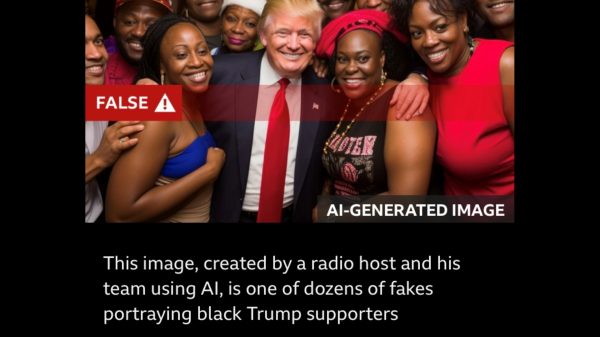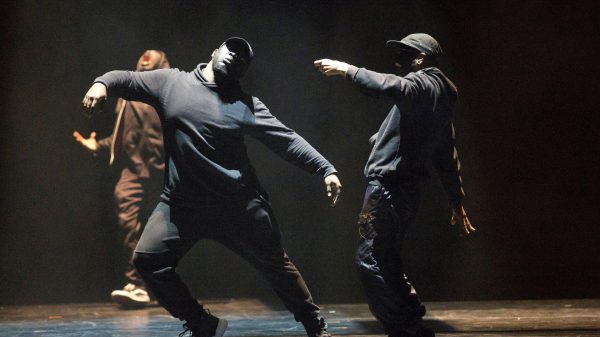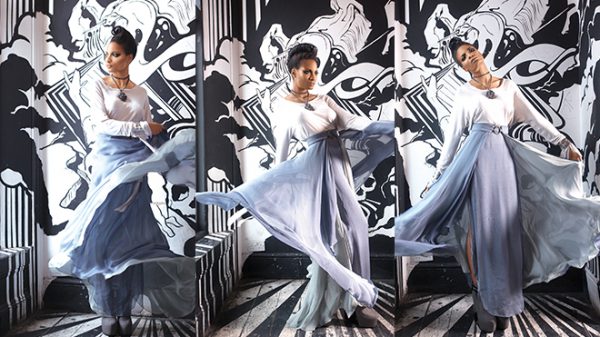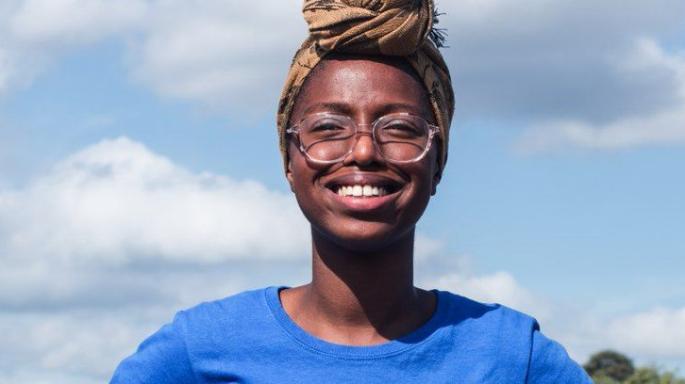After university student Joy Morgan disappeared in December 2018, it took weeks for mainstream media to start reporting on it in a significant way. Nicole Vassell looks into the lack of attention that stories involving Black victims receive
The news is seldom the place you turn to feel good about the world. From politics and the economy to the environment and street violence, there is a barrage of headlines that threaten to rile up anxiety in even the most optimistic of people.
Nevertheless, we watch because it’s better to be informed than to not be. So, begrudgingly, I keep my eyes on the news apps and give them a thorough read, every morning, in order to start the day as clued up as can be. One August morning, I read that Shohfah-El Israel had been jailed for 17 years for the murder of Joy Morgan, a 20-year-old student midwife who’d gone missing in December 2018, and a fellow attendee of their church. I’d been following the story for months, and though it was heartbreaking to learn of her death, I was glad to see that someone was facing consequences for her tragic loss.
With this conclusion to Joy Morgan’s story, though, I was reminded of the fact that had it not been for the power of social media, I might not be reading this headline on the major news site that I was – as it had taken over a month from her initial disappearance for the story to gain traction. Social media users like gal-dem’s head of editorial, Charlie Brinkhurst-Cuff, were essential in finding out more about this news story that didn’t seem to be getting coverage in other places. Tweeting on 19th February 2019, Brinkhurst-Cuff wrote: ‘Joy Morgan is a student missing from Hertfordshire University who hasn’t been heard from since 27 Dec. She’s a black woman, so unless we get behind this, the media will not be paying enough attention.’
And with over 10,000 users reposting that initial tweet, it was a definite starting point in getting more people to hear about Morgan, and to motivate news agencies to treat this story with some modicum of the urgency it deserved. Unfortunately, this is another example of how biased the media can be. When there’s a story about a white child who has gone missing or a white victim of knife violence, you can sooner guarantee its inclusion in a televised news package, or newspapers and their online counterparts dedicating space to further popularise the story, than if the same happens with a Black person, or a person of colour.
‘I wish that more traditional organisations did a better job of treating Black victims, and Black lives as if they matter’
With the speedy nature of the news cycle and the sheer amount of shocking and important things happening every day, I understand that it’d be impossible for the organisations to cover every single story in the world. However, it doesn’t make it feel any less disheartening when you get the sense that the story is less newsworthy when a Black body is involved.
Maybe this is a testament to social media; while often criticised for valid reasons, if it’s providing an opportunity to stay informed with news that affects people who look like you, maybe it’s an essential tool for life in 2019 and beyond. However, I wish that more traditional organisations did a better job of treating Black victims, and Black lives as if they matter just as much as others.
Until that happens, I’ll keep using my own small online platform for sharing as many stories as I can. If the larger establishment fails to see the value in these people’s lives, then it’s up to us as individuals to make as much noise as possible until they hear us.

































































